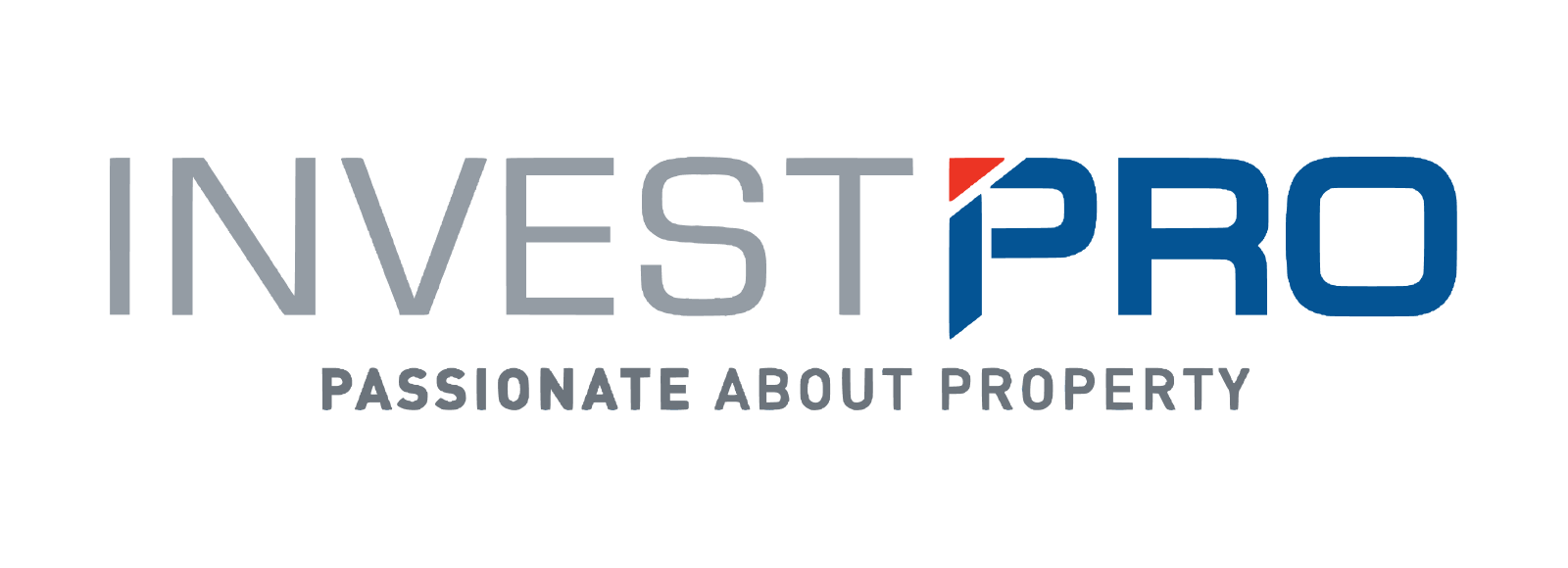Property market slowly turning in favour of sellers
Lately there has been more optimism in the country and banks are keen to lend, which has seen a positive upswing in house prices.
The upturn in SA’s property market that has been evident since December is now beginning to translate into an increase in home price growth, says Rudi Botha, CEO of bond originator, BetterBond.
He says their latest statistics show year-on-year growth of 5.3% in the average home price at the end of April, compared to 2.62% in January, 2.85% in February and 2.94% in March. The BetterBond statistics represent 25% of all residential bonds being registered in the Deeds Office.
“There is also more buoyancy in the first-time buyers’ market, where the year-on-year growth in the average home price was 9.2% at the end of April, compared to 6.6% in January, 7.3% in February and 7.7% in March,” he says.
Botha says this indicates the market is “slowly turning in favour of sellers”, as is also suggested by the most recent estate agent survey results from First National Bank.
The FNB report shows that the average time a property spends on the market before being sold has dropped from around 17 weeks to 14 weeks, that the percentage of sellers being required to drop their price to make a sale has declined from 95% to 91%, and that the percentage by which these sellers are dropping their price has diminished from an average of 10% to 8.2%.
“This turnaround is, however, not only being driven by greater demand but by the fact that a bigger percentage of home loan applications is being approved now as the banks compete for new bond business. Indeed, our approval rate has been above 80% for the past four months – which is the highest sustained rate since the 2008/ 09 recession.”
In addition, says Botha, the percentage of applications being converted to formal grants (and finalised property purchases) has risen from a year-on-year average of 63.4% at the end of last year to 64.6% currently. “This shows that the banks’ increased willingness to lend is being underpinned by the fact that the financial position of most bond applicants is better than it was last year.
“SA consumers have worked very hard over the past few years to lower their debt, curb spending and save more. By working with reputable bond originators like BetterBond and obtaining pre-qualification, prospective home buyers have also become much more informed about what they can afford, and as a result more of those coming into the market now are able to qualify for the home loans they want.”
Rising prices, he notes, will further encourage the banks, “but it is important to realise that the picture is not necessarily uniform across SA but tends to shift from month-to-month in different areas, so that it can be harder to obtain finance in some regions than in others. Our statistics show, for example, an above average year-on-year price growth of 6.8% in the Western Cape at the end of April, and 5.7% in the Eastern Cape, but a year-on-year decline of 2.6% in Gauteng.”
And, he says since the banks may well be inclined to mitigate risk in certain areas at certain times by applying higher interest rates to home loans in those areas, the best course for prospective buyers is always to apply through an originator like BetterBond.
“We will not only submit their application to several competing banks, including their own, but motivate it individually to ensure that they obtain the best available home loan package at the most favourable interest rate,” adds Botha.
“This is extremely important because even a small rate concession can make a big difference to the monthly bond repayment - and to the overall cost of the property over the 20-year life of the bond. On a loan of R1.5 million, for example, the borrower who is charged interest at 9.5% instead of the current ‘base’ home loan rate of 10%, stands to save more than R118 000 on the total cost of the house.”

